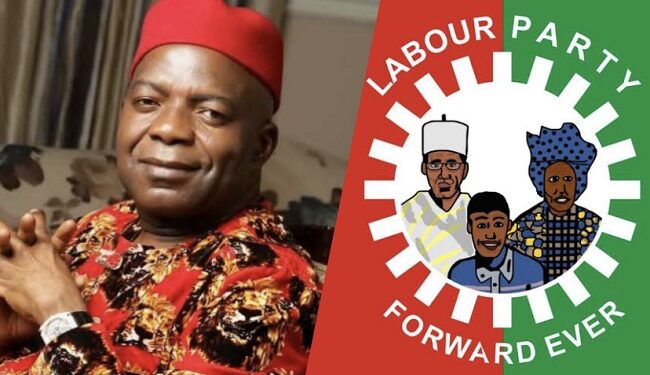
By Haruna Salami
National Council of Traditional Rulers of Nigeria, NCTRN has canvassed roles for its members in the constitutional amendment as a way out of the current security challenges confronting the country.
The Sultan of Sokoto and Chairman of NCTRN made this known when he presented a “Memorandum for the reinstatement of the status of the traditional institution in the Nigerian Constitution and establishing relevant bodies to give effect to its national roles” to Senate Committee on the Review of the 1999 Constitution Thursday.
Represented by Dr. Yahaya Abubakar, Etsu Nupe, the Sultan said between the 1920s and the 1960s, “traditional rulers were very influential and in charge of the Native Authority Administration.
“Indeed, the Nigerian First Republic regional government had a bi-cameral legislative arrangement with the House of Chiefs serving as the upper chamber to that of the elected Houses of Assemblies.
However, “the General Aguiye Ironsi’s 1966 unitary government decree, Generals Yakubu Gowon’s and Olusegun Obasanjo’s 1967 and 1976 Local Government Reform Decrees respectively, stripped Traditional Rulers of their powers and gave the same to the Local Government Councils, thereby giving birth to the present insecurity and corruption”.
He said no society or community can make progress without the contribution of traditional institution, adding “the British Colonial administration used the indirect rule system through the traditional rulers”.
The memorandum identifies Nigerian sources of conflicts to include land, religion, ethnicity, etc which the traditional rulers are well placed to resolve.
The Sultan gave the example of the first major religious crisis in Northern Nigeria, the Maitatsine riots in Kano, which claimed about 6,000 lives in 1980.
“The same Maitatsine was deported to his native Cameroon Republic in 1950 when he started to create problems in Kano by Emir of Kano, Alhaji Muhammadu Sanusi I. He returned after the reign of Emir Sanusi I and again started to cause problems. He was then jailed in 1973 by Emir of Kano, Alhaji Ado Bayero”, adding that he was deported again to Cameroon only to return during the 1979 political era and caused the death of thousands of people because Emirs were then asked to ” hands off” security and legal matters by the political authorities in accordance with the 1976 Local Government Reforms.
Ovie Omo-Agage, Deputy Senate President and Chairman Constitution Review Committee in his welcome address said “our experience in recent years inclines us more to the fact, that our country’s path to greatness lies in the ability to maintain a fusion between democratic institutions and the traditional institution. Hence, we must deepen our partnership as government to be better able to fulfil its primary obligation of safeguarding the lives and properties of citizens, especially at the grassroots with the collaboration of Traditional Rulers who live with and know their people as well as their aspirations, desires and challenges.
He said in the days ahead, the Committee will be holding a National Public Hearing, followed by the Zonal Public Hearings and invitations will be extended to “Your Royal Majesties/Highnesses to attend and make inputs at these hearings.
“Surely, and without a doubt, the success of the process will rest on your beneficent support and partnership, Omo-Agege said.
Senate President in his remarks said Nigeria is at a “cross road, especially with the security situation in the country.
“We need to take a holistic alproach”, adding, “every society makes laws for what works for it”, he said.
Lawan also urged the traditional rulers to get in touch with all the 469 members of the National Assembly and also lobby the State Houses of Assembly to secure the required two third of the Houses for constitutional amendment.


